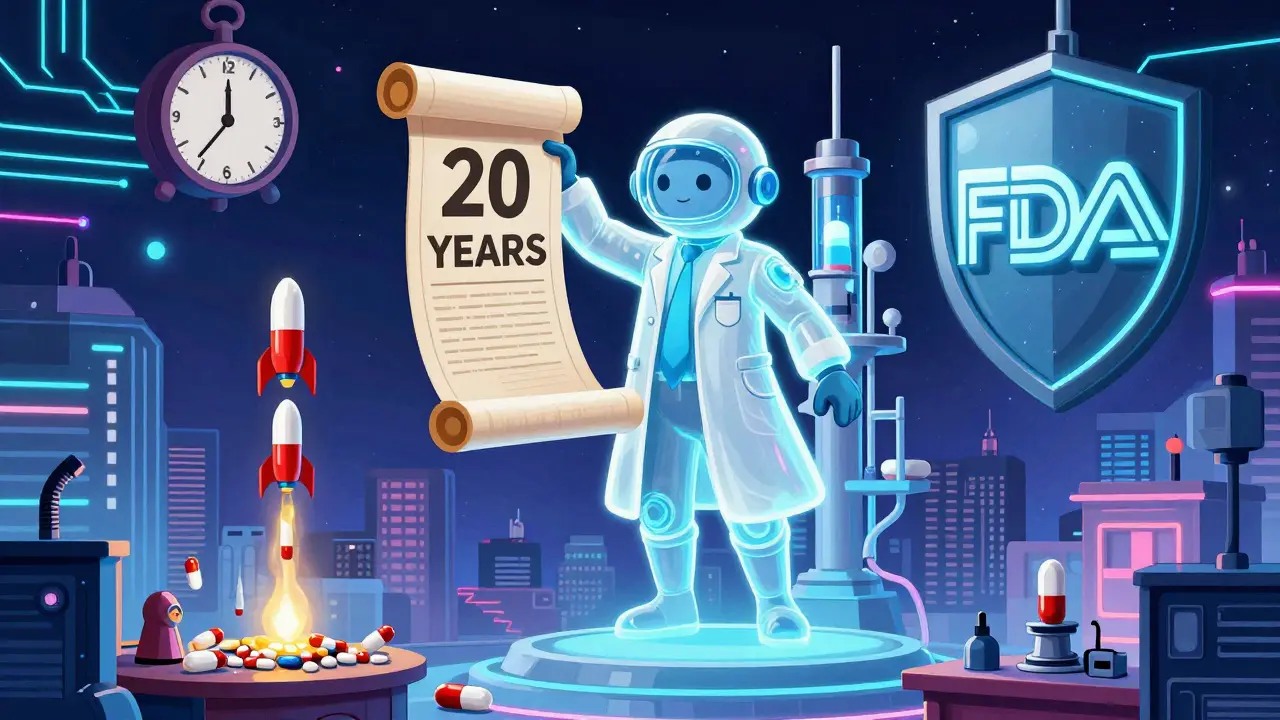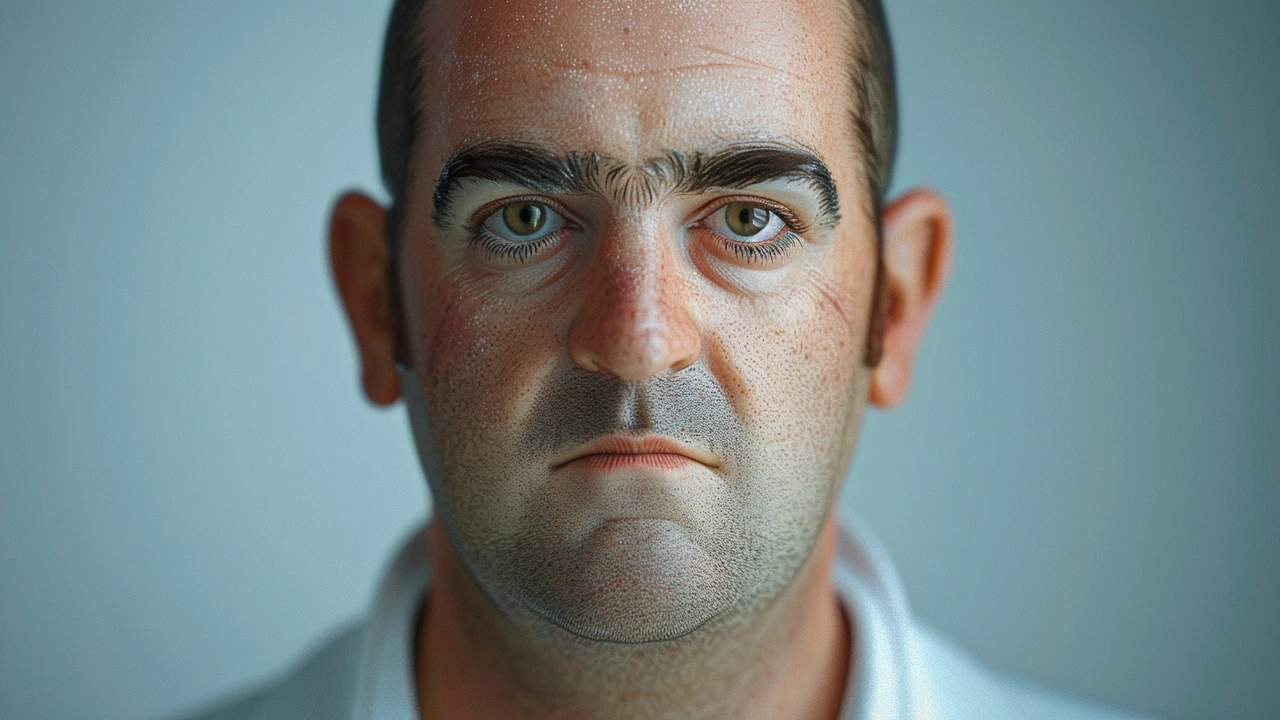Illegal Medicine Sales: Sussex Conviction and What It Means
A Sussex man was convicted after selling black-market erectile dysfunction drugs and laundering the proceeds. This case shows how risky it is to buy or sell unlicensed medicines. I'll walk you through what happened, why regulators step in, and what you should do if you suspect illegal activity.
The Medicines and Healthcare products Regulatory Agency (MHRA) led the investigation. They focus on medicines that reach people without proper checks, prescriptions, or storage controls. That matters because drugs bought outside regulated channels can be fake, contaminated, or wrongly dosed.
How regulators catch illegal sellers
Investigations often start with tips from customers, pharmacy checks, or online monitoring. Regulators look for signs like sales without prescriptions, bulk purchases, and odd packaging. Money laundering is common: sellers hide illegal profits through complex transactions, cash businesses, or fake invoices. Authorities follow those money trails to build a case.
For sellers, the legal risk is high. Convictions can include criminal records, heavy fines, and possible prison time. For buyers, the risk is health-related: an unsafe product can cause serious harm or react with other medicines. Emergency services sometimes treat people harmed by counterfeit or incorrectly stored drugs.
What you can do
Want to avoid fake or illegal medicines? Buy only from licensed pharmacies and official online pharmacies that require a prescription when appropriate. Check that the pharmacy displays its registration details and contact info. Look at packaging: sealed, clear expiry dates and leaflet inserts are good signs. If a deal looks too cheap or a seller pressures you to buy fast, be suspicious.
Watch for typical signs online: no prescription, cash-only, poor website contact info, unfamiliar payment processors, or social ads promising 'fast and cheap'. Pills without branding or with inconsistent colors are red flags. Counterfeit erectile dysfunction drugs sometimes contain wrong active ingredients, dangerous fillers, or higher doses than labeled.
If you bought suspicious medicine, stop using it immediately and keep everything: the pills, packaging, receipts, and messages. Take photos and contact your doctor if you feel unwell. Your report can help authorities link cases and stop a seller from harming others. Small details often break these schemes.
If you suspect illegal sales or laundering, report it. You can contact MHRA, your local police, or consumer protection agencies. Give details like the seller’s name, website link, receipts, packaging photos, and any communication. The more specifics you provide, the easier it is for investigators to act.
Businesses should run proper checks and record large or odd transactions. Refuse deals that ask you to launder money or hide income. If you're unsure about a supplier, ask for licensing documents and verify them with the regulator. Honest suppliers will cooperate; criminals won't.
This case in Sussex reminds us that speed or convenience shouldn't trump safety. Illegal medicine sales fuel criminal networks and put people at real risk. Stay cautious, check credentials, and report anything that looks off. That helps protect you and everyone who relies on safe, regulated medicines.


